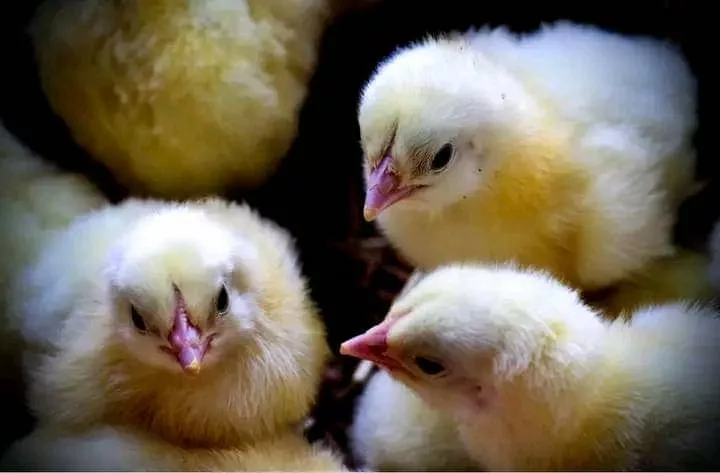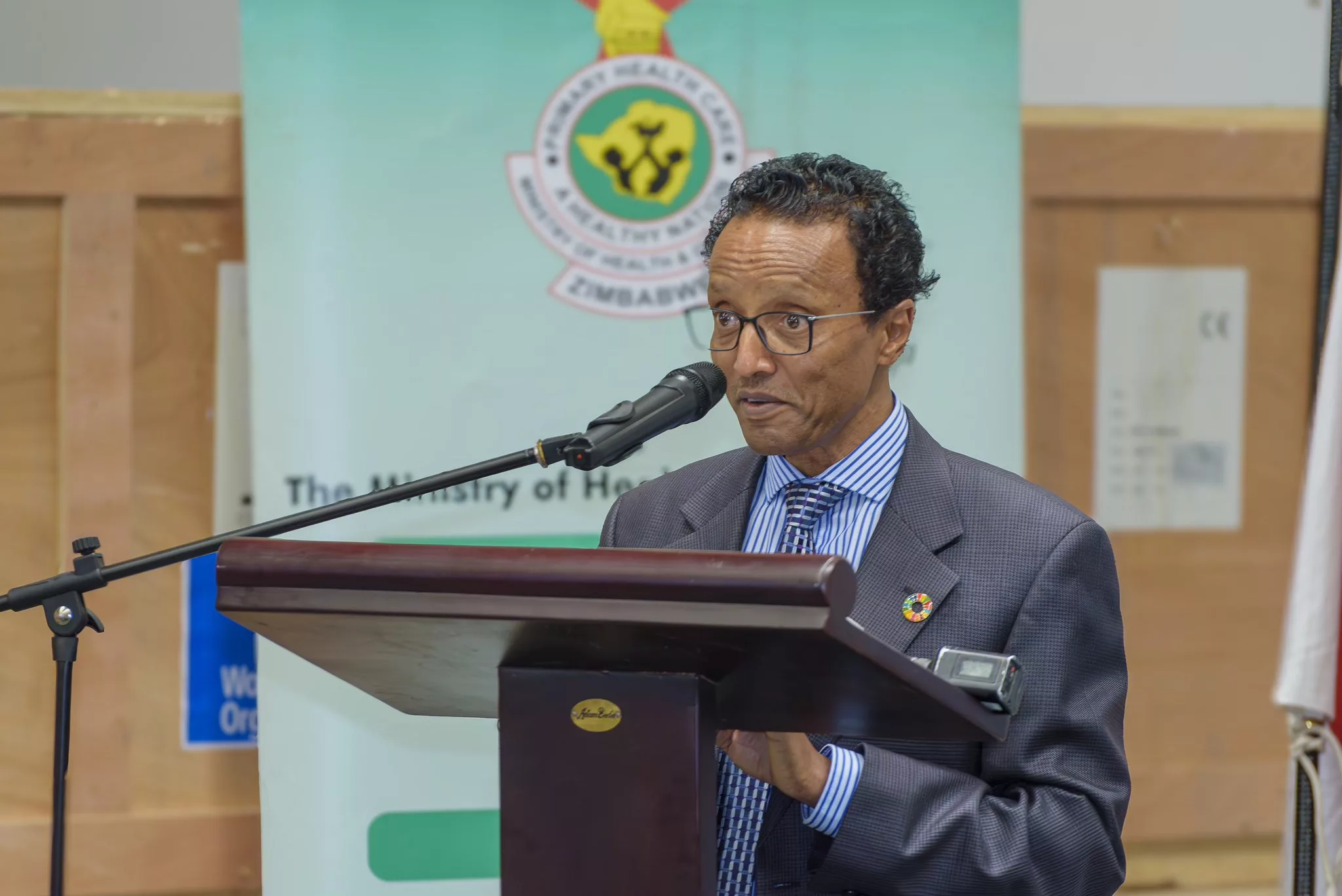|
Getting your Trinity Audio player ready...
|
Writes Panashe Gwesu
Avian veterinarian, Mr. Rinesu Muzori of the Department of Agritex urged farmers and animal breeders to prioritize their understanding of poultry health, particularly concerning diseases that affect chicks saying that ignorance may put livelihoods of these animals at risk.
Speaking at a workshop held at Prince Alfred’s Christian College in Stoneridge Park, Taisekwa area, he highlighted that a lack of knowledge has led to the collapse of numerous poultry projects, compromising the livelihoods of many.
As both rural and urban residents increasingly turn to poultry farming raising broilers, road runners, and even rabbits as a means to generate income, the risks associated with inadequate knowledge about poultry health have become alarmingly apparent.
Mr. Muzori, with his colleagues Mr. Ronald Tashinga Ngaite and Mr. Prince Kanonhuwa, is part of the initiative “Bridges Broilers Coaches,” which conducts outreach programs and workshops across Harare and beyond. Their mission is to educate communities about the safe management of livestock especially in light of recent reports detailing significant livestock losses due to health mismanagement.
During the workshop, Mr. Muzori emphasized the importance of selecting high-quality chicks to enhance productivity.
“Good quality chicks will have better performance overall. Early livability will be better and chicks will be more tolerant of vaccines and adverse environmental conditions.”
He stressed the necessity of conducting post-mortem examinations to identify the root causes of diseases, warning that neglecting this step could lead to recurring issues.
Diseases such as chick anemia virus and reovirus can be transmitted from hens to chicks, while bacterial infections can contaminate eggs.
“It is crucial to verify the diseases that affect your livestock through post-mortem examination, rather than just disposing of them without identifying the root causes of the problem, otherwise, it may recur. Some diseases like chick anemia virus and reovirus can be passed from hen to chick while bacterial infections of a hen’s oviduct can be transmitted into the egg or contaminate the shell.”
Mr. Ronald Ngaite further elaborated on the significance of understanding flock age and its impact on poultry health at the same event.
“Young breeder flocks produce smaller chicks that are often weaker and less tolerant of stress, leading to higher mortality rates.”
“It is common to have high mortality in these flocks due to dehydration and starve-out unless special brooding precautions are taken,” he said.
Participants at the workshop including poultry farmers, agriculture students, and entrepreneurs, expressed their gratitude for the insights shared.
Maitei Zvinavashe, a broiler keeper from Chireya village in Mutoko, shared her experience.
“Venturing into any project without knowledge is a risk. After suffering losses due to poor management, I switched to duckkeeping with similar results. Thanks to the Bridges Broiler Coaching initiative, I can now identify diseases on my own and my projects are thriving.”
Mr. Kanonhuwa revealed that since 2021, their outreach efforts have been crucial in educating communities that rely heavily on livestock for their livelihoods.
“The message is clear, without proper knowledge of poultry health, many projects are at risk of failure threatening the financial stability of those who depend on them.”
Due to high demand from the Stoneridge community, they plan to hold another workshop at the same venue on October 5 before heading to their next destination in Norton.






